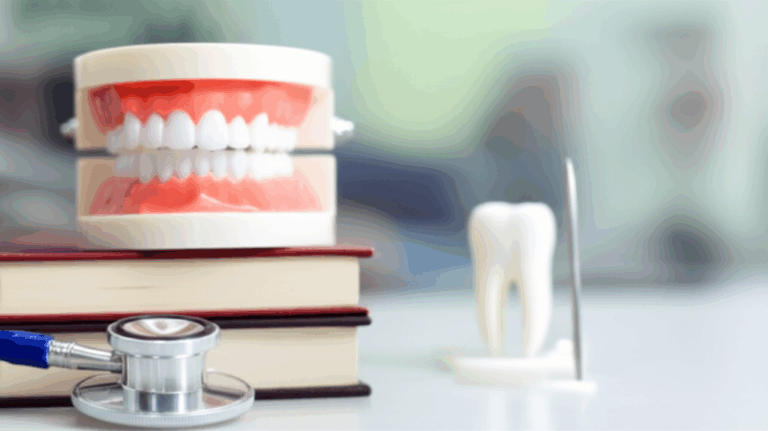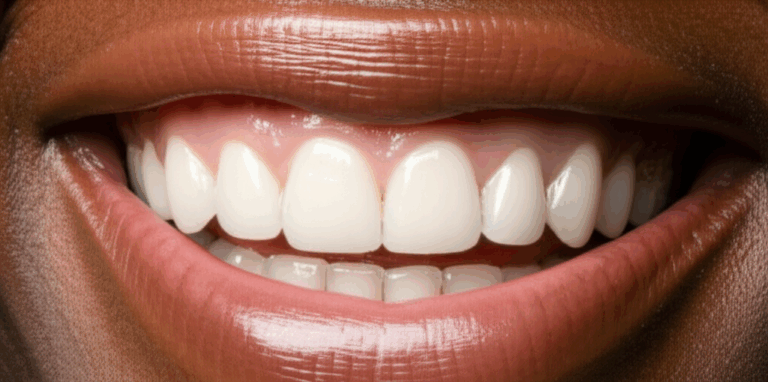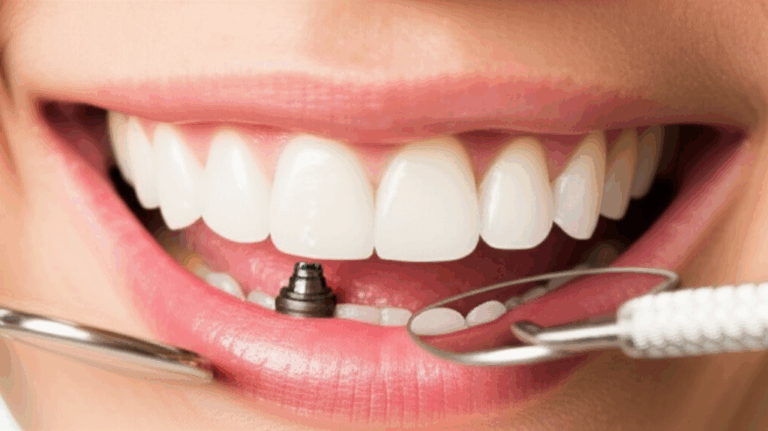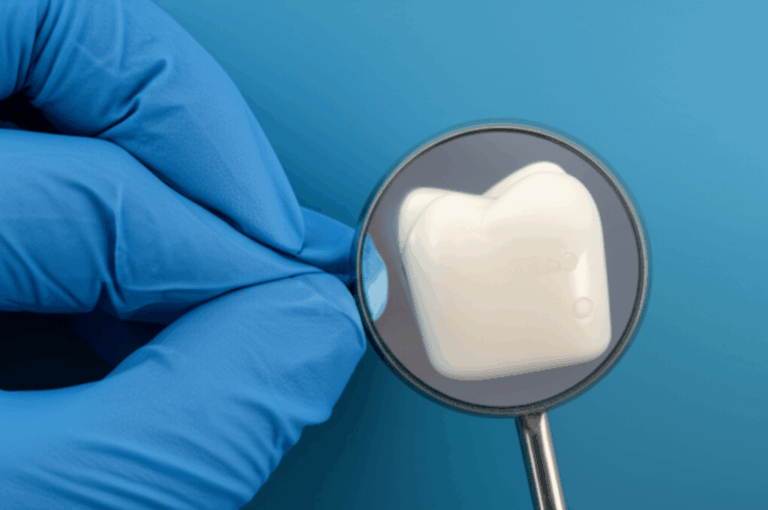
Does Keystone First Cover Dental Implants in Pennsylvania? My First-Hand Guide to Medicaid Dental Benefits
Table of Contents
- Why Implants Are (Usually) Off the Table
- “Medically Necessary” Cases: When Is There an Exception?
- The Prior Authorization Maze
- Covered Pre-Implant Work
- Dentures (Full and Partial)
- Bridges
- My Honest Take: How Do They Really Compare?
- Finding Low-Cost and Free Dental Resources
- Are Dental Grants and Discount Plans Worth It?
- Making Payment Plans Work
Introduction: My Journey Through Medicaid and Dental Implants
Not long ago, I found myself typing into Google, “Does Keystone First pay for dental implants?” I needed answers fast, but most info out there was either unclear or written in words that were hard to follow. If you’re reading this, you probably know how it feels—worried about your teeth and your money at the same time.
I started digging deep into this when a cracked back tooth put me in a tough spot. My dentist said “dental implant,” which sounded good—until I saw how much it cost. Like a lot of people in Pennsylvania, I use Keystone First, the Medicaid plan. I had one main question: Could my plan cover this, or was I out of luck?
In this guide, I’m sharing what I learned, from reading the Keystone First Member Handbook to talking to dentists and insurance people. I’ll put everything in plain language and share the tips I wish I had from day one. Let’s get into it.
Understanding Keystone First & Adult Dental Coverage in Pennsylvania
When I started looking into it, I learned that Medicaid dental coverage for adults in Pennsylvania is pretty tricky. Keystone First is one of the big plans under HealthChoices, the main Medicaid program in the state. If you’re an adult, the dental benefits with Keystone First are way more limited than what kids get.
Here’s what most adult Keystone First members in PA get:
- Regular check-ups and X-rays
- Teeth cleanings
- Fillings and some repair work
- Tooth removals
- Some root canals (only on certain teeth)
- Full or part dentures (with some limits)
There are maximum amounts and rules. Some things can only be done a certain number of times a year, might need paperwork, or might not be covered unless it’s about keeping you healthy. I saw the words “medically necessary” all through the plan papers.
So, what about bigger things—like dental implants?
Are Dental Implants Covered? What I Discovered
Why Implants Are (Usually) Off the Table
Let me get right to it: For most adults, Keystone First does NOT pay for dental implants. Nearly every dentist and Keystone First worker I talked to said the same thing. Here’s why:
- Dental implants are seen as cosmetic or not really needed. PA Medicaid pays for what’s “medically necessary” for eating, talking, or normal mouth use—not for looks.
- The price of implants is off the charts. One implant can cost from $3,000 to $6,000 on the low end, and a full set can hit $20,000 or more. Medicaid usually just won’t cover that.
This was a hard thing to accept, but it made sense after I did some more checking.
“Medically Necessary” Cases: When Is There an Exception?
Is there any way Keystone First or PA Medicaid might pay for an implant? Every once in a while, yes—but it’s rare and hard to qualify.
- Implants may be paid for if they are the only way to fix real mouth problems or stop bad health issues. This might be true after a big face injury, birth problems where regular dentures won’t work, or if dentures keep failing and are causing you to not eat or get sicker.
- What counts as “medical necessity” is very strict. It’s not about finding it hard to chew steak or feeling embarrassed about missing teeth.
- You’ll need tons of paperwork. Your dentist and doctor need to write up reports and show that every cheaper option failed.
When I called Keystone First, they said these rare cases always go through a prior approval process. Here’s what that means.
The Prior Authorization Maze
Even if you might qualify, you can’t just book a visit and expect an easy “yes.” Here’s the process I learned about:
- Your dentist sends them a written request, including X-rays, dental notes, health history, and a reason tied to medical needs.
- Keystone First’s team (and sometimes the Pennsylvania Department of Human Services) looks at the request.
- They almost always say no. Even dentists told me they’ve only seen it go through when it’s really serious—like people being treated in a hospital or folks with tough health problems.
Takeaway: If you think you might be in this rare group, talk to your dentist and doctor about what paperwork you’ll need, but stay realistic about your chances.
What Implant-Related Procedures Might Get Covered?
At first, I thought everything close to implants was a no-go. But that’s not fully true! Here’s what I learned about stuff that might be paid for, even if the implant isn’t.
Covered Pre-Implant Work
- Tooth extractions: If a tooth is in bad shape, Keystone First almost always pays for it to be pulled for health reasons.
- Gum treatments: If your gums are in rough shape (gum disease), you can often get check-ups, cleanings, and sometimes extra gum work paid for.
- Bone grafts or sinus lifts: These really aren’t covered unless it’s needed to fix a big mouth problem—not just to help you get an implant later. I found this out the hard way when I wanted a bone graft for a future implant. My dentist told me not to expect insurance to help unless I had a serious injury or major health reason.
Even if you want an implant, the care to get your mouth in shape—for example, removing bad teeth or treating infection—might be covered. At least that saved me some money on early care.
Keystone First’s Alternatives to Dental Implants
When the idea of getting an implant didn’t work, I had to see what things Keystone First does pay for. Here’s what I found—and what no ad really tells you.
Dentures (Full and Partial)
This is the main choice. If you’ve lost plenty of teeth, you can often get:
- Full dentures if you lost all your teeth on the top or bottom.
- Partial dentures if you still have some real teeth left.
Coverage isn’t wide open. There are rules about how often you can replace dentures and what proof you need, but for most adults, this is what Keystone First gives you. I ended up getting dentures when implants were a no for me.
Pros and Cons
From my own use, partials can feel clunky and take a while to get used to. Full dentures are an even bigger change—some people get used to them easily, others deal with sore spots or loose fits. You have to clean them and look after them, but for regular eating and looking okay, they work.
Bridges
Fixed bridges are sometimes paid for, but it’s not simple. What I found was:
- Payment is limited and depends where your missing tooth is.
- Most of the time you have to prove a denture won’t work and you need a bridge for everyday mouth use.
My Honest Take: How Do They Really Compare?
To be honest, dentures and bridges can fix your smile, but they won’t feel or work the same as implants. I missed biting into crunchy food without worrying. But dentures are way cheaper and can be fixed or swapped if something breaks.
If you want to know more about how labs make these types of teeth, check out implant dental laboratory or crown and bridge lab to see how they are made nowadays.
What to Do When Implants Aren’t Covered: My Toolbox of Options
When you hear “no,” it’s easy to quit. Don’t! I checked out every idea I could and found some things that helped.
Finding Low-Cost and Free Dental Resources
- Dental schools: Places like University of Pennsylvania and Temple Dental School give care for less money. You might have a student work on you, but a teacher is always there, and you save a lot.
- Health clinics: Some clinics charge less based on your money situation. They may not give implants, but are great for check-ups, fillings, and tooth pulls.
- Local clinics and charities: Some cities have dental grant programs or special events for more advanced care.
I made lots of calls, booked visits, and sometimes even got help with harder dental problems. Keep trying!
Dental Grants and Discount Plans: Worth It?
- Dental grants: Sometimes, I found programs (usually run by charities or for research) that help pay for big dental jobs. What’s available keeps changing, but it’s worth asking your dentist or checking with local dental groups.
- Discount dental plans: Like a dental coupon. I looked up a few and asked if they really would save me money. Sometimes they did, sometimes they didn’t help much.
Making Payment Plans Work
Lots of dental offices now let you pay over time or use dental credit cards. Always read the details and keep an eye out for extra fees or high interest.
If you try this, ask up front: How much do I pay at first? Do they check my credit? By asking, I got to pay for some work with no interest for a few months. Don’t be afraid to ask for what you need.
Understanding Your Keystone First Plan: Steps I Followed
After bumping into a ton of problems, I made a checklist to help you figure out your Keystone First dental benefits:
If you get a “no” to a dental request, Keystone First lets you appeal. I did it for an implant, got denied, but did get dentures paid for with no problem.
If you want to see how a dental lab makes new teeth, check out removable denture lab for a peek at the behind-the-scenes stuff.
Key Takeaways: Managing Your Smile (and Expectations) With Keystone First
So, does Keystone First pay for dental implants? For almost everyone, the answer is no. Unless you match a rare, special health need, adults have to look somewhere else for help with implants—at least in Pennsylvania.
Here’s what helped me most along the way:
- Knowing exactly what my insurance did and didn’t pay for saved me a lot of letdown.
- Checking out other options—dentures, partials, or bridges—helped me keep my teeth in okay shape.
- Trying all the ideas, from dental schools to cheap clinics, opened up things I wouldn’t have found if I stopped after hearing “no.”
- Taking care of your mouth now can keep bigger problems away later. Brush, floss, and don’t ignore small dental issues—they usually get worse.
If you have the same questions I had, don’t give up. Be curious, get help from good dentists, and ask as many questions as you need.
Remember, Medicaid dental rules can change every year. For the latest, always check with Keystone First and talk with a dentist who knows these plans. If you’re interested in some of the cool technology for making fake teeth or implants, take a look at new things made by a china dental lab—even if your plan won’t pay, it’s neat to see what’s out there.
Professional Review Notice: This guide has been checked for correctness by Dr. Joe Dental, DMD—a dentist who works with Medicaid patients in Pennsylvania.
If you’re facing a tough dental choice, I hope my story makes it a little easier. Keep learning, keep asking, and most of all—look after that smile!








